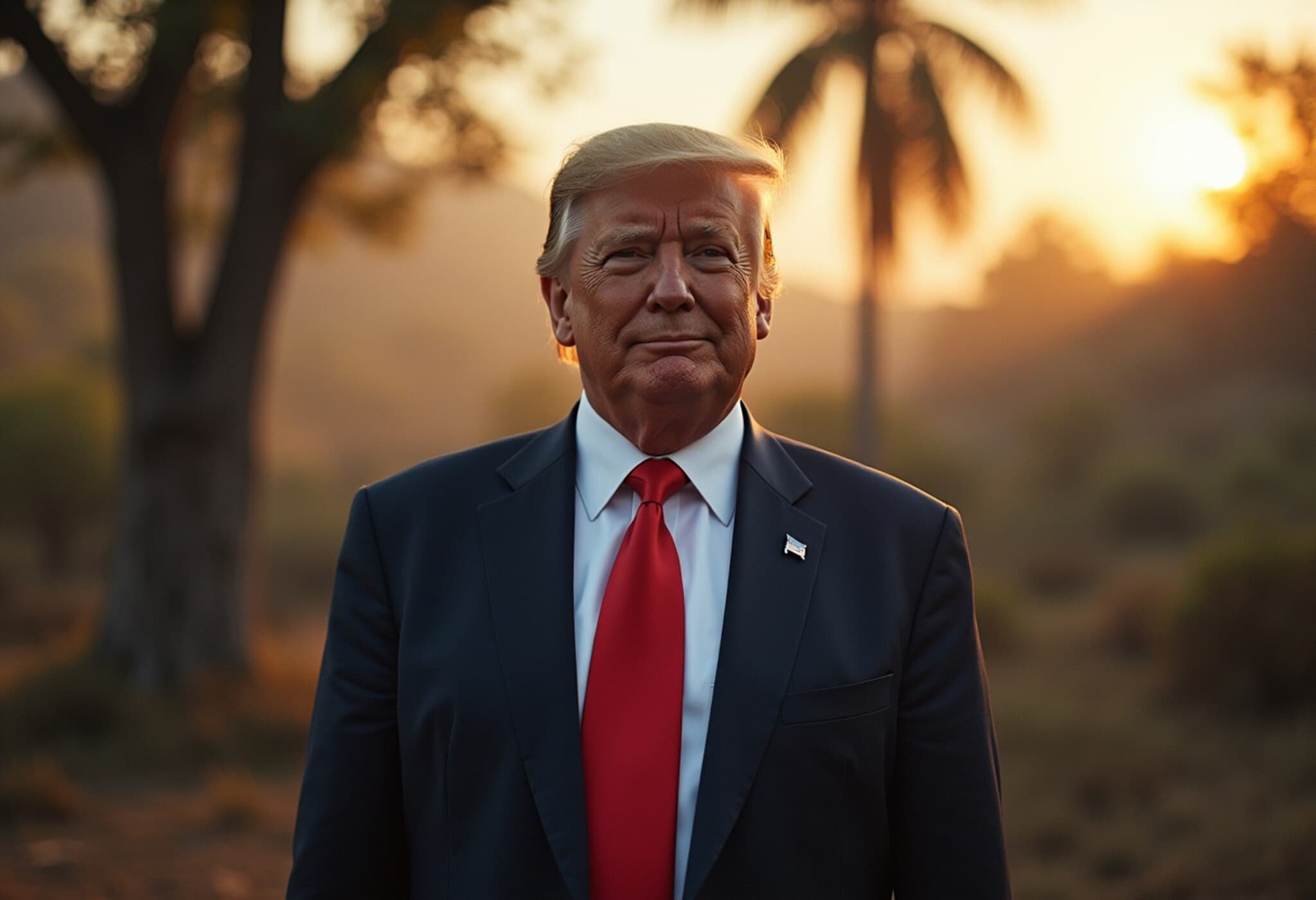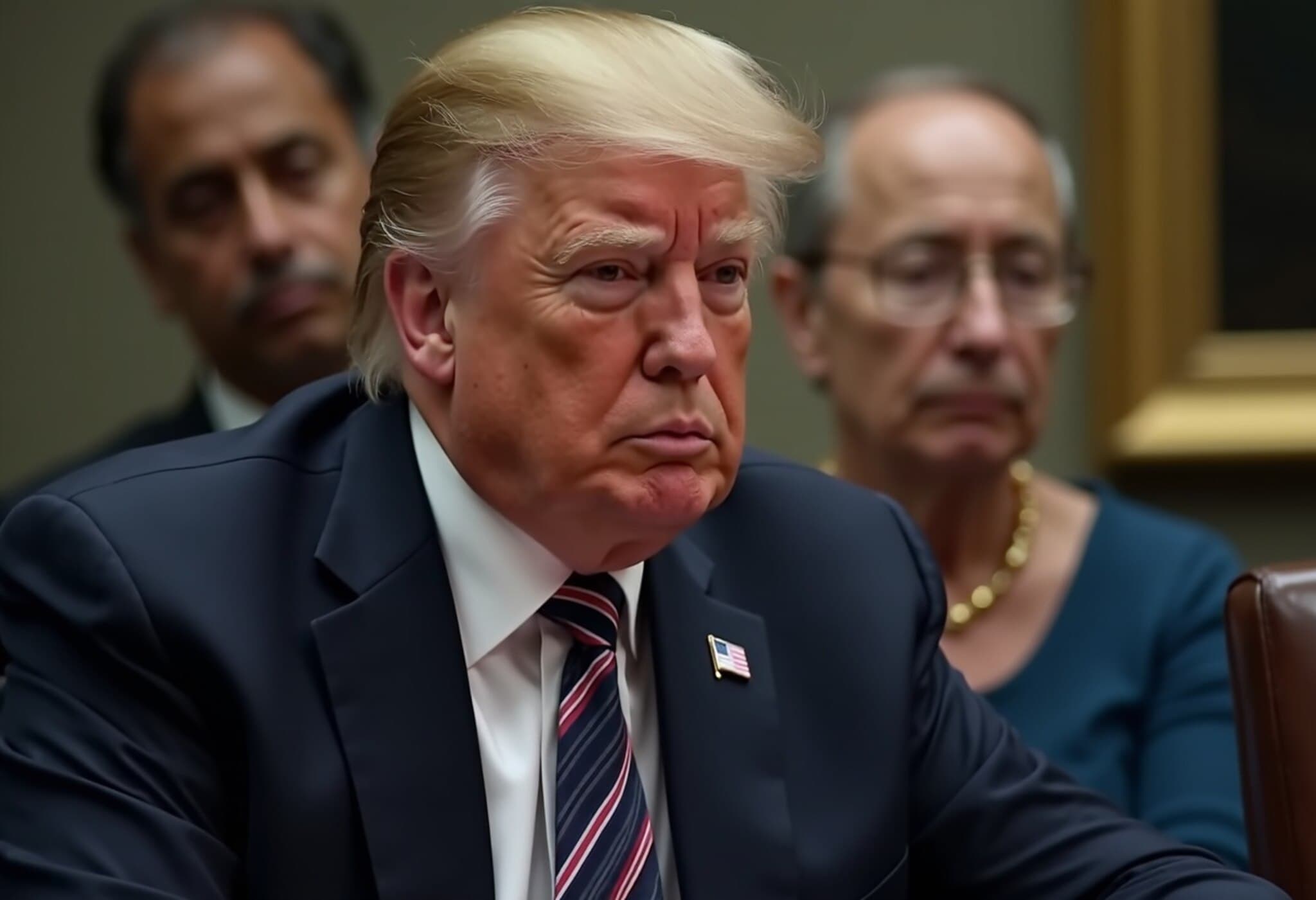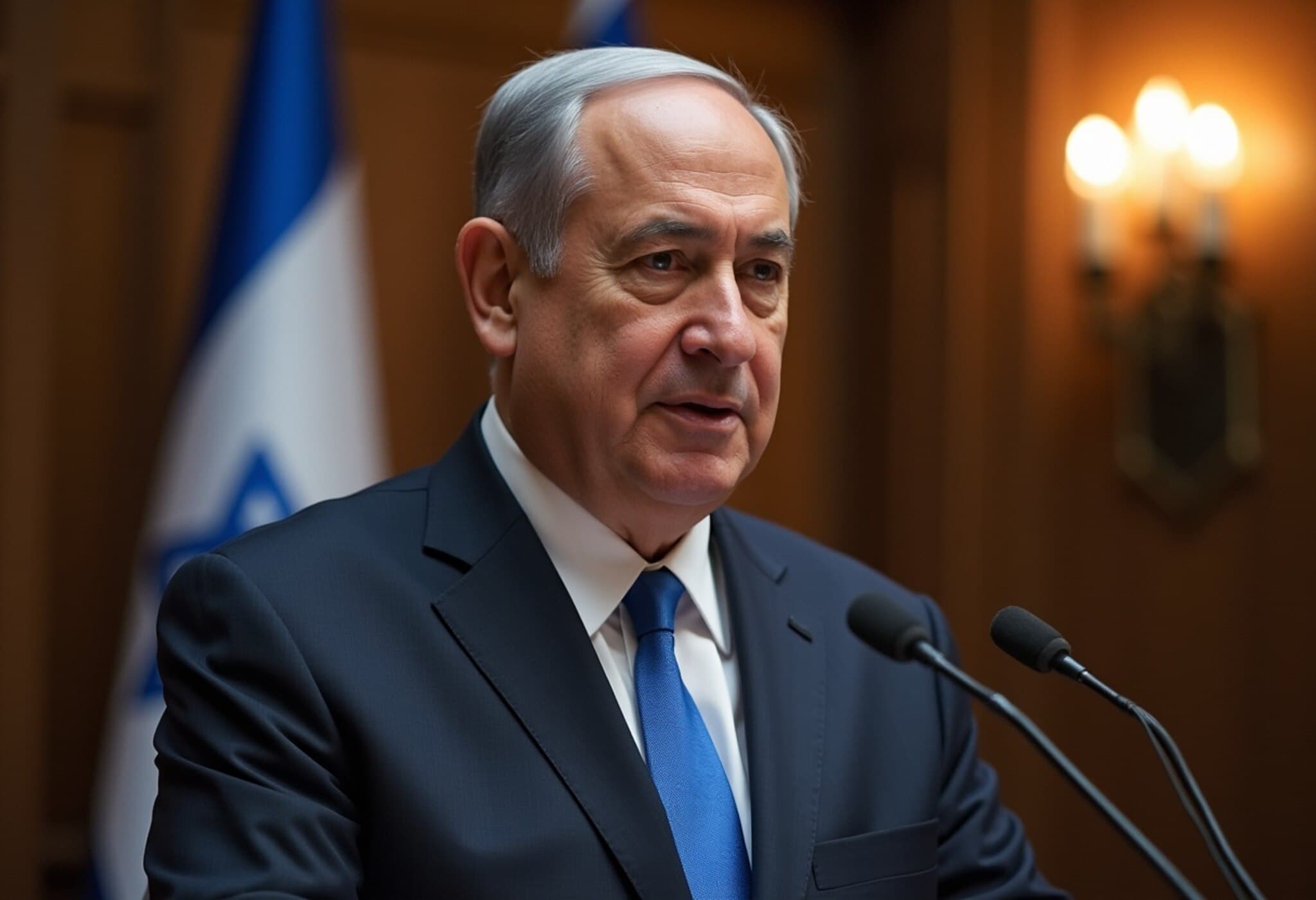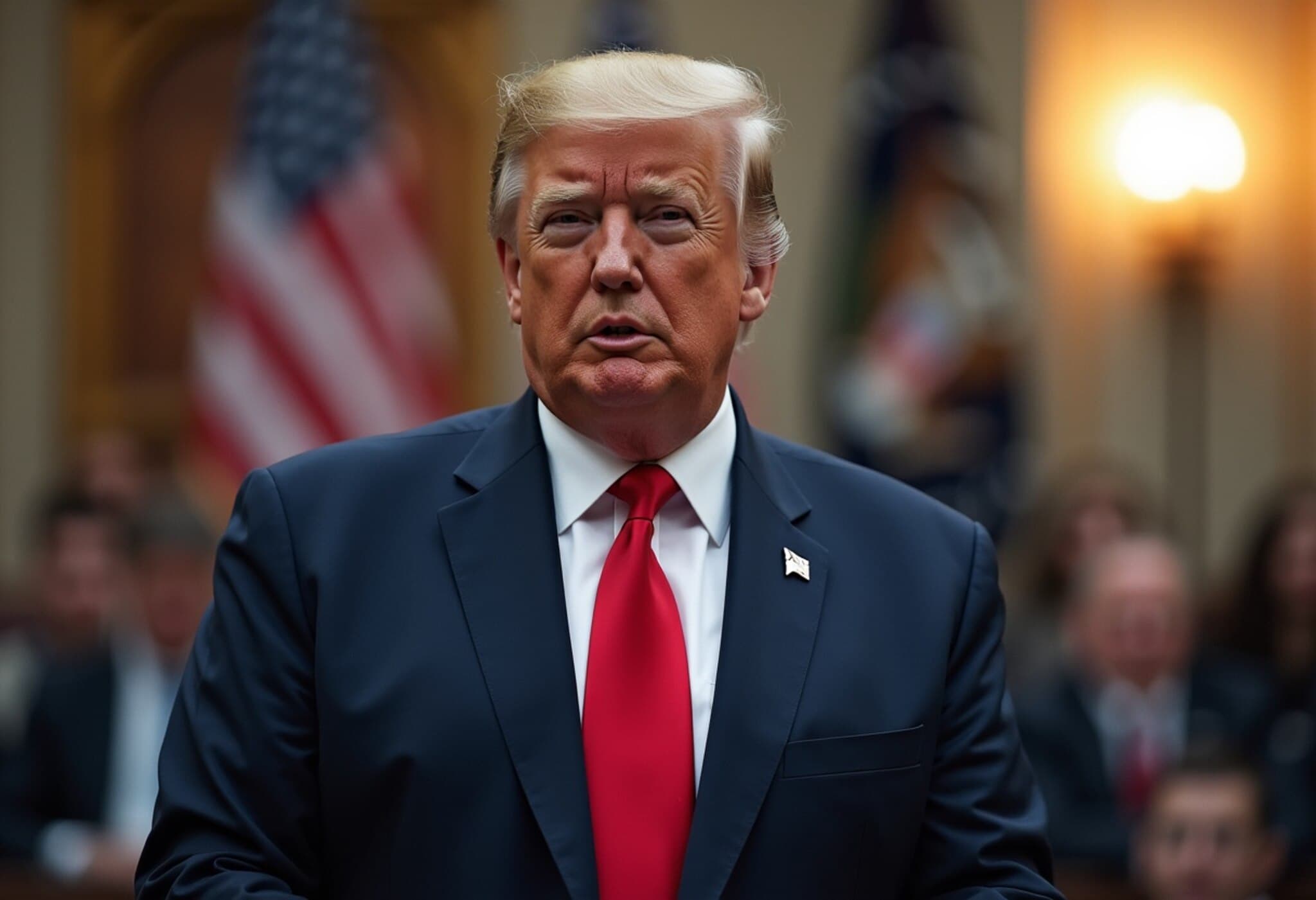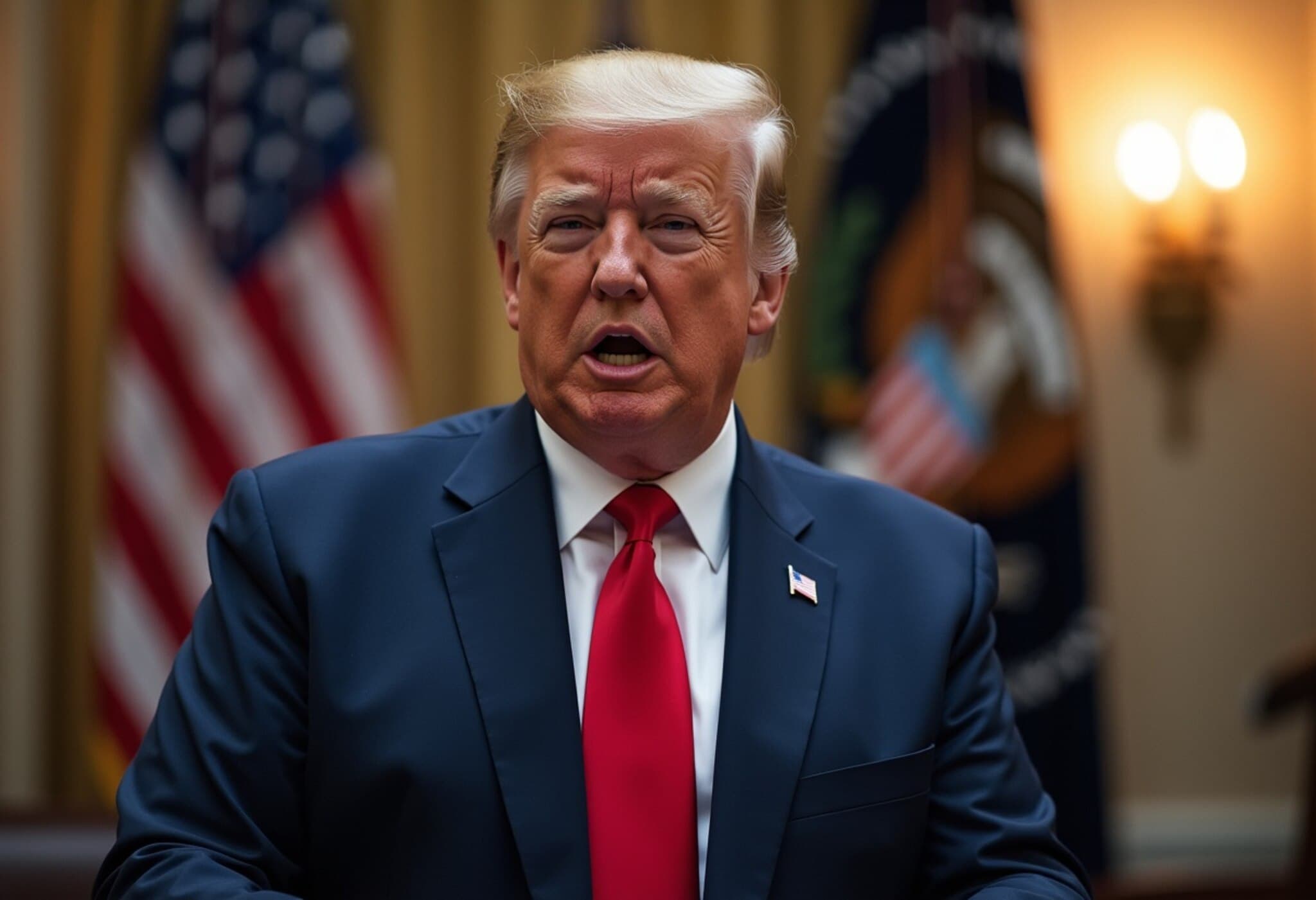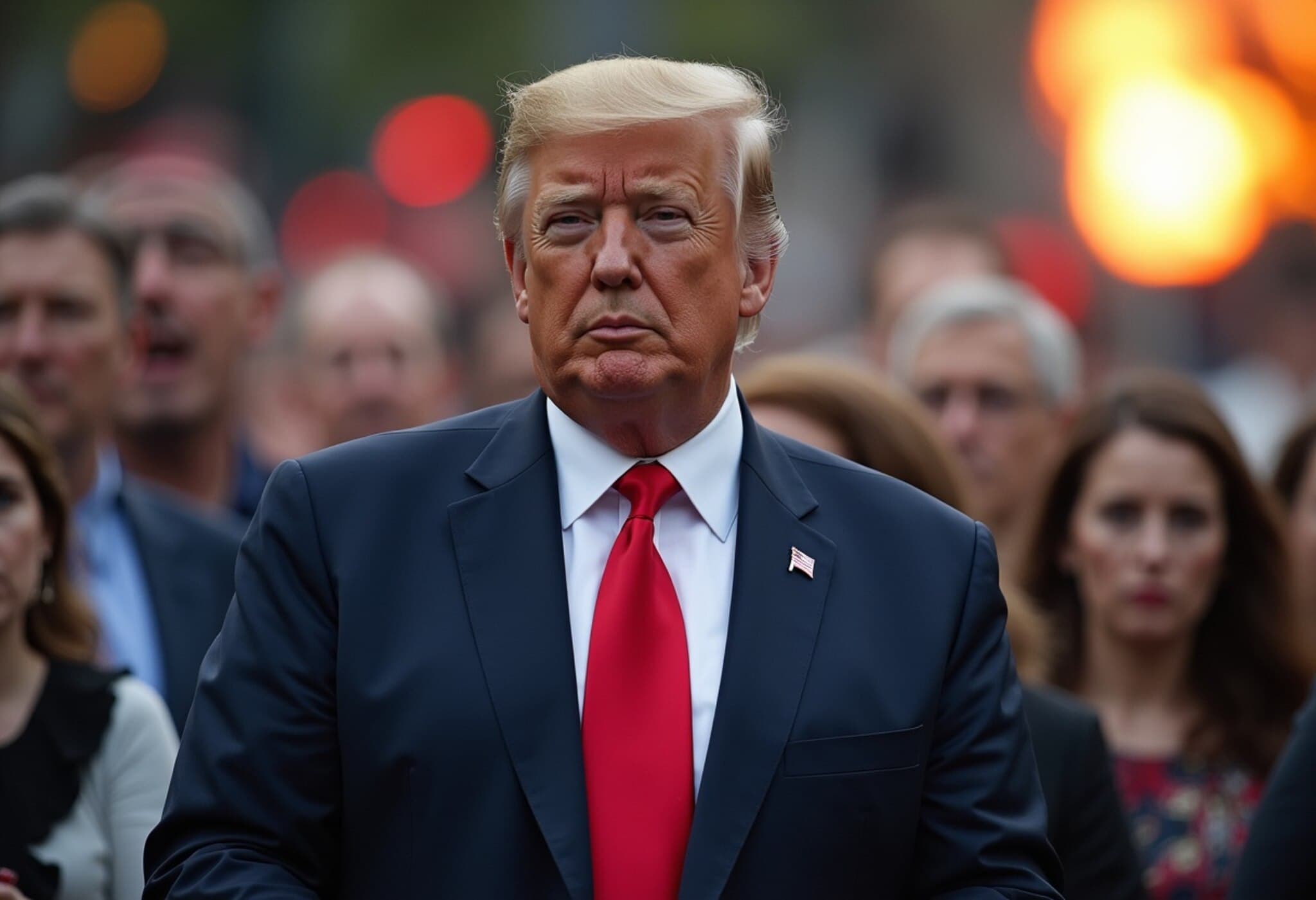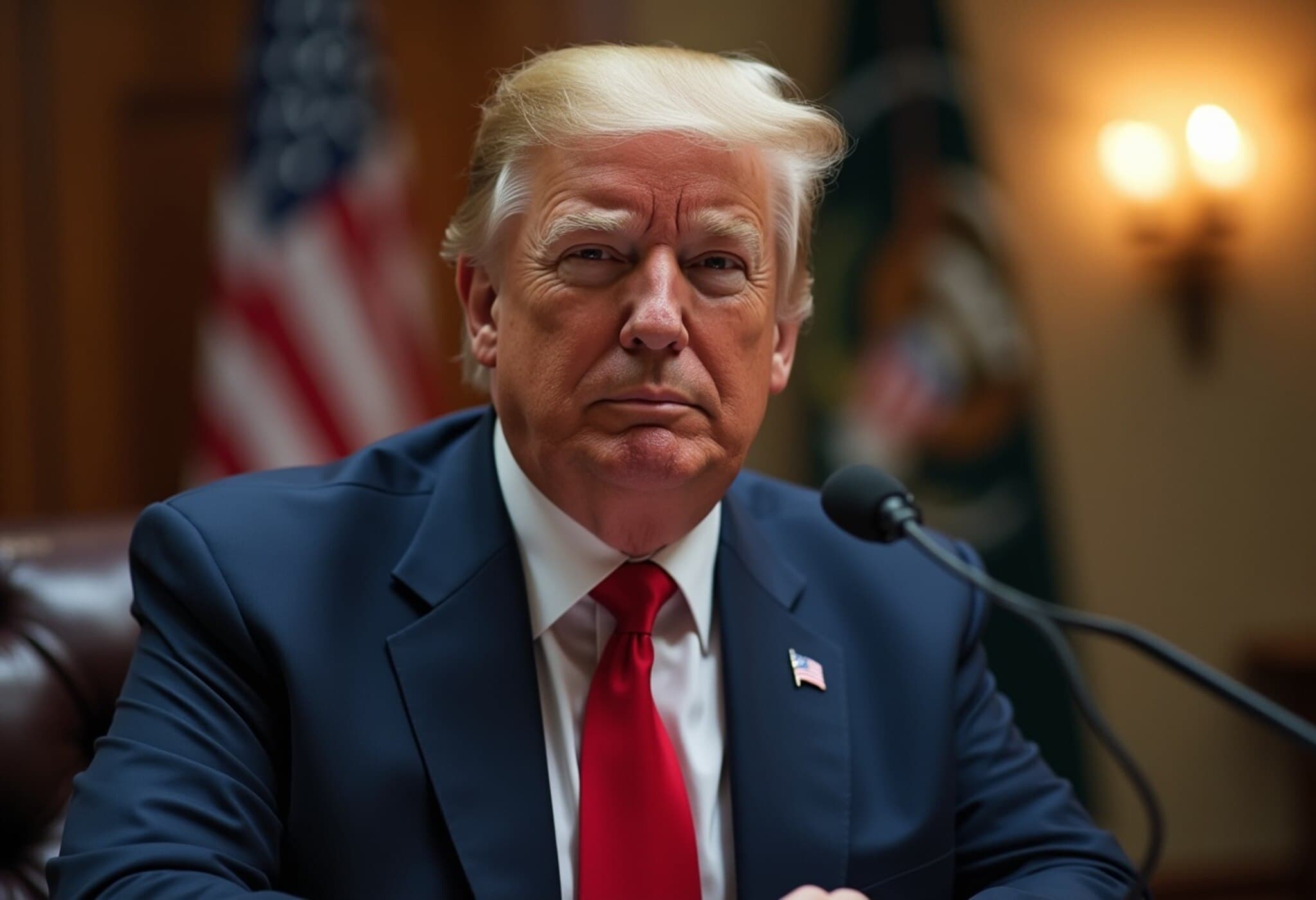A Breakthrough in Africa: Congo and Rwanda Agree to End Long-Standing War
In a significant diplomatic move, the Trump administration has successfully brokered a peace agreement between the Democratic Republic of the Congo (DRC) and Rwanda, aiming to halt one of Africa’s deadliest conflicts rooted in territorial disputes and competition over mineral wealth. The treaty is set to be officially signed in Washington on June 27.
Ending Decades of Bloodshed in Eastern Congo
The conflict, concentrated in the mineral-rich eastern provinces of the DRC, has resulted in more than six million deaths over thirty years. The region’s abundance of resources including coltan, cobalt, lithium, and gold has fueled persistent violence involving rebel groups and cross-border tensions.
US President Donald Trump, who announced the agreement via his social media platform, described the development as a “Great Day for Africa” and the world. He emphasized that the treaty was arranged in collaboration with Secretary of State Marco Rubio, following an invitation from DRC President Félix Tshisekedi after previous peace efforts had faltered.
Key Terms of the Peace Agreement
- Commitment to cease hostilities
- Respect for territorial boundaries
- Disarmament of rebel factions
- Facilitation of displaced persons’ return
- Economic integration of border regions
The Challenges Ahead: Rebel Groups and Regional Complexities
Despite cautious optimism, analysts warn that unresolved issues remain, particularly regarding the M23 militia, a rebel group controlling parts of eastern DRC and allegedly supported by Rwanda—allegations Kigali denies. The militia was not included in the peace negotiations and continues to pursue territorial expansion, raising concerns about the treaty’s enforceability.
Experts note this reflects a shift to a more transactional American diplomacy approach in Africa. Speculation suggests that Rwanda may agree to withdraw troops backing M23, while the DRC might permit controlled mining activities to be routed through Rwandan territory. Still, without direct M23 engagement, the conflict could merely evolve rather than end.
US Interests and Strategic Engagement in Africa’s Mineral Sector
During the negotiations, Massad Boulous, father-in-law of Tiffany Trump, was appointed as a senior White House adviser on African affairs. Boulous has played an active role in fostering US-Africa ties, particularly in the mining industry, where Western interests are striving to counterbalance growing Chinese influence.
The DRC is revising mining tax policies to attract Western investment. Alongside diplomatic efforts, the US has pledged significant funding, including $560 million for the Lobito Corridor rail project, which links the DRC’s copper belt to an Angolan port—an infrastructure boost intended to improve trade and development.
Trump’s Take on the Historic Deal
Marking this milestone, President Trump expressed pride in the peace deal as part of his broader global diplomacy record, highlighting previous conflict resolutions including those between India and Pakistan, Serbia and Kosovo, and the Middle East’s Abraham Accords. While acknowledging skepticism, he emphasized that public recognition matters more than awards: “I won’t get a Nobel Peace Prize for this… but the people know, and that’s all that matters to me!”

